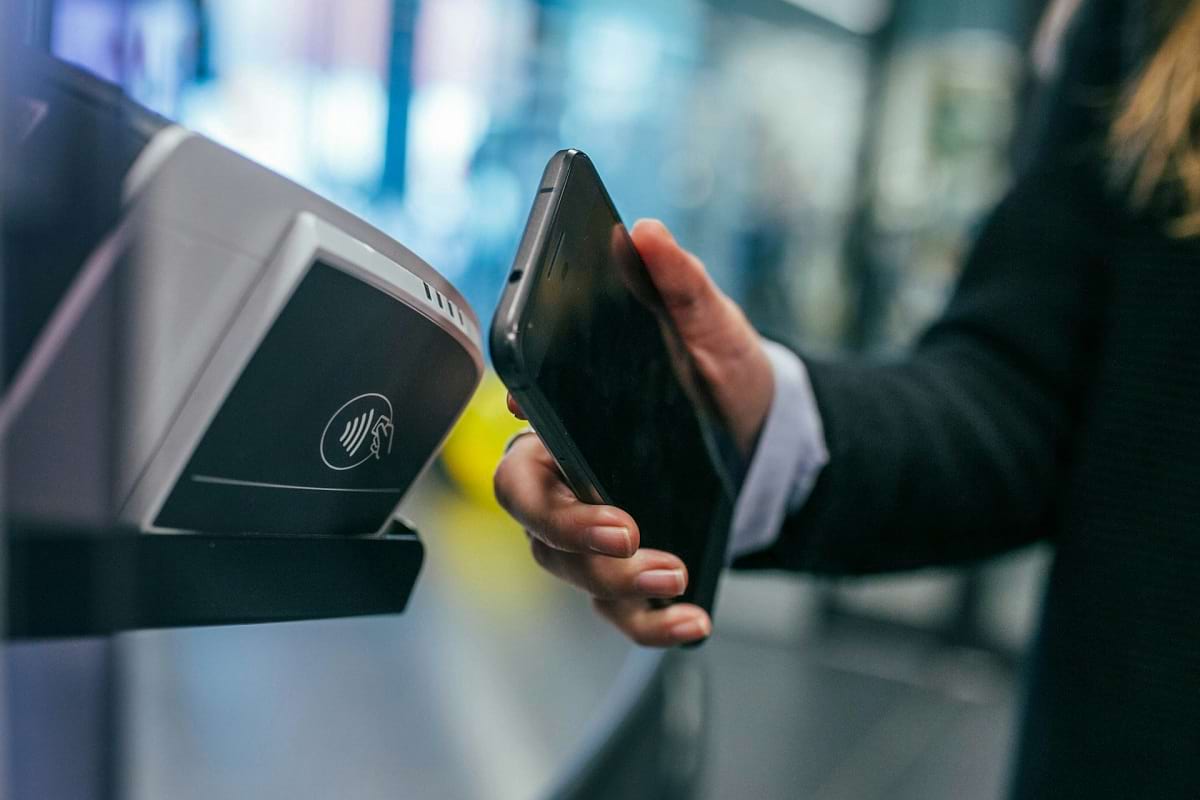Many business owners enter the world of commerce focused on growth, product quality, and customer satisfaction. However, one crucial aspect that often slips under the radar—until it becomes a problem—is how their business is perceived by payment processors. Contrary to popular belief, being categorized as a “High Risk” merchant is not reserved for businesses engaged in illicit or highly controversial activities.
Risk in payment processing exists on a continuum, and even well-intentioned businesses with transparent practices can fall into the High Risk category without realizing it. Some of the most common and seemingly benign factors that may trigger a high-risk classification include offering future deliverables, operating under a recurring billing model, selling products or services of subjective value, and engaging in high-ticket transactions. Each of these elements introduces an increased potential for chargebacks or fraud—both of which are red flags for banks and payment gateways.
To navigate this nuanced landscape, understanding payment processing solutions tailored to high-risk businesses becomes essential. These solutions not only help merchants maintain operational continuity but also shield them from unnecessary fees, frozen accounts, and reputational damage.

Why Future Deliverables Raise Red Flags
Offering future deliverables is a hallmark of many legitimate business models—from event planning to digital course pre-sales and subscription boxes. Yet, this practice inherently increases the gap between payment and fulfillment, giving customers a wider window to dispute charges. In the eyes of payment processors, this time lag heightens the risk of chargebacks. If a customer grows dissatisfied or changes their mind, and the product hasn’t yet been delivered, they’re far more likely to reverse the transaction.
Traditional financial institutions tend to shy away from businesses with such operational structures, making it imperative for entrepreneurs to seek out payment processing solutions designed with delayed fulfillment models in mind. These solutions often involve specialized underwriting teams that understand the nuances of such business models and are more willing to accept the associated risks when proper compliance and mitigation strategies are in place.
The Complexities of Recurring Billing and Trial Offers
Recurring billing and trial offers are powerful tools for building customer loyalty and generating consistent revenue streams. However, they also pose significant risk from a processing standpoint. Customers who forget about their subscription or feel misled by the fine print in a trial offer are prone to initiating chargebacks rather than reaching out to the business directly. The result is a higher-than-average dispute rate, which can quickly draw scrutiny from payment processors.
What complicates matters further is that some processors use automated risk assessment tools that flag businesses solely based on their use of recurring billing—regardless of their actual chargeback ratio. As a result, even honest merchants may face sudden account terminations or withheld funds.
To counter these challenges, high-risk merchants need payment processing solutions that provide both stability and transparency. These systems are often equipped with features such as customizable billing descriptors, built-in compliance monitoring, and advanced dispute management tools that help prevent chargebacks before they happen.

High-Ticket Transactions and Subjective Value Goods
Selling high-ticket items or services, particularly those whose quality is subjective, is another fast track to being labeled as high risk. Luxury coaching programs, custom artwork, exclusive retreats, and similar offerings are difficult to quantify in terms of “value delivered.” What may be life-changing for one client may feel underwhelming to another. These types of transactions are naturally more prone to dissatisfaction and disputes, and when the transaction amounts are large, the financial impact is magnified.
Furthermore, some buyers, especially in online environments, may take advantage of the lack of physical evidence or written contracts to initiate fraudulent chargebacks—essentially stealing the product or service after benefiting from it. Traditional merchant accounts, bound by conservative underwriting policies, are quick to penalize merchants for even a single high-value chargeback.
For such businesses, payment processing solutions built specifically for high-ticket, subjective-value transactions can be a lifeline. These solutions often include detailed customer verification protocols, robust fraud prevention layers, and high tolerance for occasional disputes—provided the business can demonstrate a legitimate pattern of delivering on its promises.




